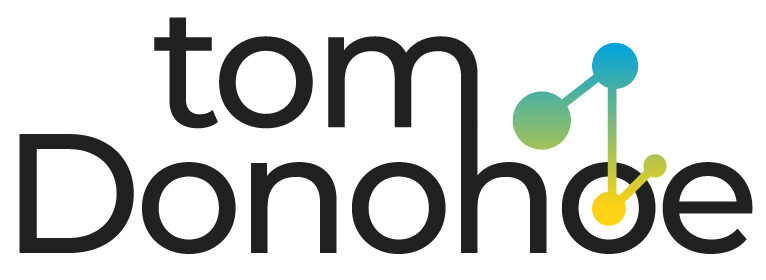Conversational Marketing Examples

In our previous post, Building Conversational Marketing to integrate into your website, We defined conversational marketing as more than the chatbot feature. We also provided a list of different styles and formats that could be integrated with features on websites:
Articles, posts, conversational posts, and landing pages
Website UX/design features
Chatbots
Messaging apps
Nurturing content after form submissions
Optimization of voice search to Apple, Siri, Google Assistant, Alexa, and Microsoft Cortana
SMS/Text messages
Today, we’ll review the various styles and formats and some examples.
Conversational Marketing Formats
Conversational Writing
Our colleagues from ParkLife Communications call it Writing with Style. They capture the essence of writing in three simple steps:
Active voice
Capture the voice of the brand
Adjust to the subject matter
Website UX/Design Features
When your price page is on the top 10 lists for new visitors, it is sensible to provide a simple option for customers to purchase without an annoying “Buy Now!” button. Stripe provides a great example of the conversational CTA for their pricing page.
If a user clicks “Get Started in Minutes,” they will be directed to an account registration page. In capturing an email address and encouraging the creation of accounts, Stripe can deliver VIP content to maintain the conversation through email.
Chatbots
There’s an abundance of chatbot tools and products that are available. Choose one compatible with your forms, website, and CRM. Here’s our list of top picks:
HubSpot Conversations ( free for Marketing Sales, Marketing, and Service Hub users)
Drift ( many website integrations available)
Mobile Monkey ( OmniChat(tm) is a chatbot builder that works on multiple platforms)
Olark ( website integrations and eCommerce plug-ins)
After installing the tool on your website, check your website’s speed. Based on the hosting provider, your website platform, and chat software, the delay in loading time can hurt rankings for SEO, particularly for mobile devices. There’s no way to capture customers when Google removes your page from indexing because of a slow loading speed.
Messaging Apps
If Facebook or LinkedIn provide significant website visitors, It also makes sense to allow chat functionality on these networks. While you shouldn’t hinder website traffic, interacting with potential customers “where they are” is a profitable approach to marketing through conversation. For most B2B companies, LinkedIn Sales Navigator will produce higher results than Facebook Messenger.
Nurturing content after form submissions
Forms are great for lead generation. However, what happens when the prospect submits your site’s layout? Every paper you submit must result in an automated acknowledgment of the submission for the completed form. Keep in contact with potential customers after requests for documents with automated email or thank you pages with options to click-through that provide more information and assistance.
Voice Search Integrations
The most efficient way to ensure that your business’s presence is evident in the results of a voice search is to integrate with other platforms that are explicitly designed, especially for Voice Search:
Google My Business Listing
Apple Maps Listing
Bing Places Business Listing
Yelp Business Listing
You can take it another step forward by enhancing your website to meet the requirements for voice-based search. Optimizing your content for voice search requires looking at the various elements that make up an excellent UX for mobile users (UX). It is good to know that many optimization techniques that fall into this category may already be included in your SEO.
SMS/Text Marketing
SMS/Text marketing paired with buyer journey information is a winning combination. If you’re considering using SMS/Text for marketing, choose a reputable service provider that integrates with your CRM and website. We suggest salesmsg ( salesmessage.com) and Twilio for cross-channel integration.





